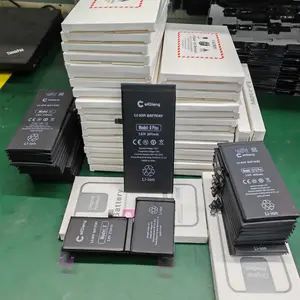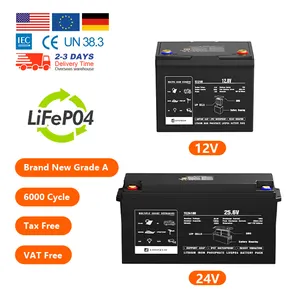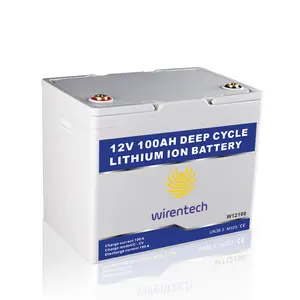Lithium Battery: An Overview
Lithium batteries stand as a cornerstone in the realm of energy storage solutions. These electrochemical devices are renowned for their high energy density and long-lasting charge retention, making them ideal for a multitude of applications. From powering handheld electronics to electric vehicles, lithium batteries have revolutionized the way we access and use energy.
Types and Applications
The versatility of lithium batteries is reflected in their various types, each suited to specific applications. The lithium iron phosphate battery (LiFePO4), for instance, is celebrated for its thermal stability and safety, commonly used in high-power applications. On the other hand, CR2032 and CR2025 coin cells are ubiquitous in small electronic devices due to their compact form and reliability. For high-intensity discharge and quick recharge, lithium ion batteries are the go-to, powering everything from portable tools to electric scooters.
Features and Materials
A key feature of lithium batteries is their material composition. The cathodes often contain lithium compounds, which contribute to their high energy output. The lifepo4 lithium battery, with its lithium iron phosphate cathode, offers a blend of long cycle life and safety. In contrast, batteries like the CR123A and CR2 battery are designed for single-use but provide high power in compact sizes, suitable for cameras and medical devices.
Charging and Maintenance
Maintaining the longevity of lithium batteries involves proper charging practices. Lithium battery chargers are engineered to optimize the charging cycle, enhancing battery life. Charging protocols for charging lithium ion batteries are critical to prevent overcharging and overheating, ensuring safety and efficiency.
Advantages of Lithium Batteries
The advantages of lithium batteries are manifold. Their lightweight nature coupled with high energy density means they are perfect for portable applications where weight and space are at a premium. Moreover, the low self-discharge rate of lifepo4 batteries ensures energy is retained more effectively over time, reducing the need for frequent recharging.
Environmental and Economic Considerations
In an era where environmental impact is a growing concern, lithium batteries offer a cleaner alternative to fossil fuels. Their rechargeable nature translates to less waste, and advancements in recycling technologies are improving the sustainability of these batteries. Economically, while the upfront lithium battery price may be higher compared to traditional batteries, their extended lifespan and efficiency can lead to cost savings over time.











































 浙公网安备 33010002000092号
浙公网安备 33010002000092号 浙B2-20120091-4
浙B2-20120091-4